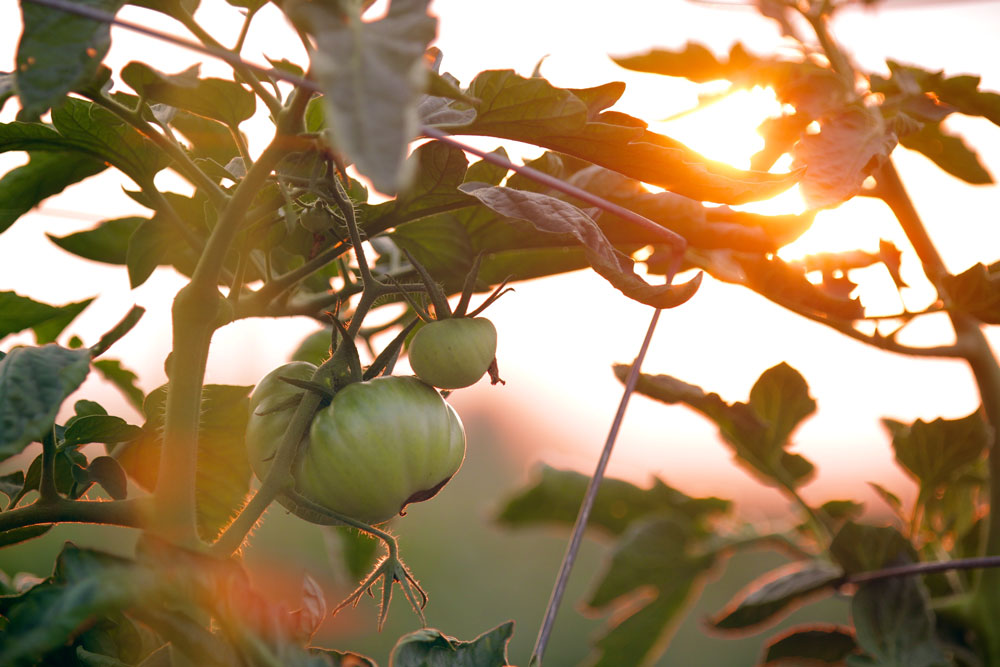Getting it right on food is crucial for implementation of the UN Sustainable Development Goals and for reaching nationally determined contributions stated by countries in their Paris Agreement targets. Socially, ensuring everyone has enough nutritious food on the table is a prerequisite for health, peace and economic sustainability. In many ways, food also holds our cultures together, gathering families around the table and igniting friendships.
Sadly, however, today our food system is out of balance: 821 million people suffer from chronic hunger, every third person on our planet is malnourished while 13% of adults are obese. Too many are food insecure and displaced by wars and conflicts, too many cultural traditions and rural landscapes are being devalued and neglected.
Food and agriculture can catalyse inclusive prosperity for all, but it will require transformative action across different scales. Where to start? What to spend the money on and where to focus the efforts first? Here are key areas for the four experts who we spoke to during our seminar about FAO’s work on sustainable agricultural production for food security and nutrition, hosted by the Swedish Ministry of Enterprise and Innovation.
- Invest in the implementation of already existing tools and technologies. The productivity gap can be reduced by deployment of simple essential measures, like crop rotation, agroforestry, and waste reuse into energy and fertilizer – this is not rocket science. Instead, agriculture keeps expanding into forestry because land becomes unproductive if managed unsustainably. And the carbon emissions from clearing the land with the slash and burn agriculture in Africa are higher than from the burning of fossil fuels. We need to find a way to provide farmers with comprehensive training on the basics of sustainable agriculture – according to Alarik Sandrup, Director of Public and Regulatory Affairs at Lantmännen.
- We need to focus on solution multipliers. It is time to stop thinking that intensification goes against diversification. For example, a project in the Mount Elgon region of Kenya by Vi Agroforestry and Livelihoods Funds utilizes revenues from carbon credit to finance sustainable dairy production. Thanks to a combination of agroforestry and livestock management, farmers have significantly improved productivity – milk yields grew from 5, 000 to 135, 000 litres in five years while crop yield increased by 30%. What is more, this mode of work fosters cross-sector collaboration, crucial for the implementation of the 2030 Agenda – according to Linda Andersson, Director of Communications at Axfoundation.
- We must embrace complexity and learn to navigate it. We are experiencing several ongoing challenges simultaneously: environmental degradation is high and climate change is a big part of the equation too. For instance, agricultural expansion stretched far beyond its limits, so naturally we need to focus on productivity. At the same time, production is not the only factor when it comes to access to healthy nutritious food. Ultimately, the net income is what matters the most. So, it might be that we will not bring the necessary transformation about by betting solely on higher productivity, we need a more radical paradigm shift – according to Clayton Campagnolla, Chief editor of the publication and Leader of Strategic Programme for Sustainable Agriculture – SP2 at FAO.
- Radical change needs flexible institutions. There is a big push towards alignment of efforts on the EU level and we all know that we need to develop reciprocal interaction with virtually all sectors of our societies. However, we are working with structures that are hard to move, even in the research sector. For example, we can all agree about the positive potential of the collaboration between the European Union and the African Union, but our governance structures can’t really handle this yet. We need to continue advancing policy coherence and institutional integration – according to Caroline Glynn, President of the Agrinatura Network and Senior Advisor at SLU Global.
